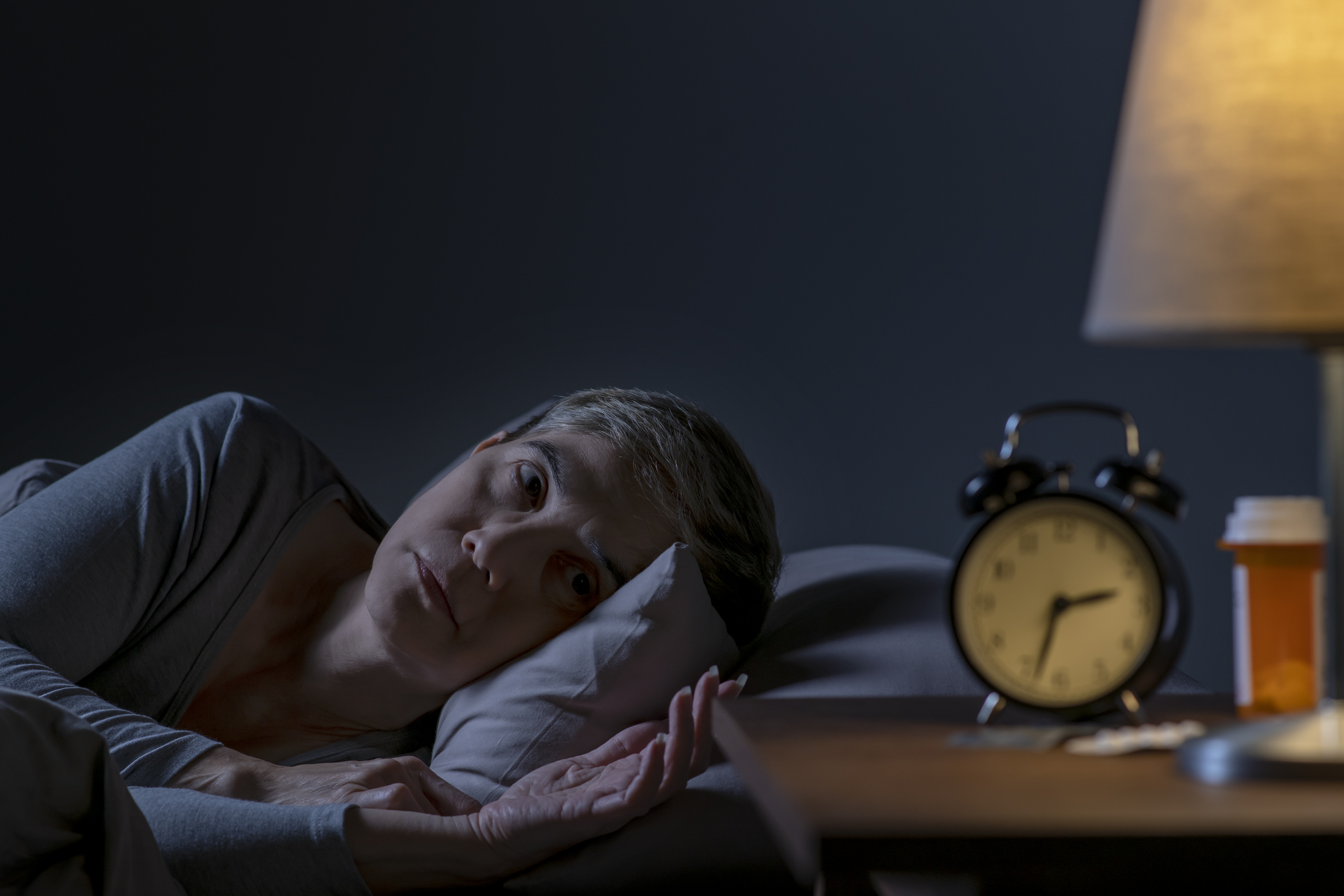Sleep Disorder

Sleep Disorder
Sleep Disorder: Definition, Symptoms, and Treatment
Definition: A sleep disorder is a medical condition that affects the quality, timing, and pattern of a person's sleep. Sleep disorders can lead to difficulties falling asleep, staying asleep, or experiencing restful sleep, which can impact overall health and daily functioning.
Symptoms: Symptoms of sleep disorders can vary depending on the specific type of disorder, but common symptoms include:
- Difficulty Falling Asleep:
-
- Insomnia: Difficulty falling asleep despite feeling tired.
- Difficulty Staying Asleep:
-
- Sleep Maintenance Insomnia: Frequent awakenings during the night, leading to fragmented sleep.
- Excessive Daytime Sleepiness:
-
- Narcolepsy: Excessive daytime sleepiness and sudden, uncontrollable episodes of falling asleep during the day.
- Idiopathic Hypersomnia: Excessive daytime sleepiness that is not relieved by sleep.
- Disrupted Sleep Patterns:
-
- Circadian Rhythm Disorders: Disruptions in the body's internal clock, leading to difficulties with sleep timing and waking hours (e.g., jet lag, shift work sleep disorder).
- Abnormal Behaviors During Sleep:
-
- Sleepwalking (Somnambulism): Engaging in complex activities while asleep.
- REM Sleep Behavior Disorder: Acting out vivid dreams during REM sleep, potentially leading to injury.
- Breathing Disruptions During Sleep:
-
- Sleep Apnea: Repeated interruptions in breathing during sleep, leading to loud snoring, gasping, or choking episodes.
- Central Sleep Apnea: The brain fails to send proper signals to muscles that control breathing during sleep.
- Unusual Sleep Habits or Experiences:
-
- Restless Legs Syndrome (RLS): Uncomfortable sensations in the legs, often relieved by moving them.
- Sleep Paralysis: Brief inability to move or speak while falling asleep or waking up.
- Nightmares and Night Terrors: Disturbing dreams or episodes of intense fear during sleep.
Treatment: Treatment for sleep disorders depends on the specific type and underlying causes. It's important to consult a healthcare professional for proper diagnosis and treatment options. Common approaches include:
- Lifestyle Changes:
-
- Establishing a regular sleep schedule and creating a comfortable sleep environment.
- Limiting caffeine and alcohol intake, especially close to bedtime.
- Engaging in regular physical activity, but avoiding vigorous exercise close to bedtime.
- Behavioral Interventions:
-
- Cognitive Behavioral Therapy for Insomnia (CBT-I): A structured program that helps individuals improve sleep by addressing negative thought patterns and promoting healthy sleep habits.
- Medical Interventions:
-
- Medications: Depending on the sleep disorder, medications may be prescribed to help with sleep initiation, maintenance, or other specific symptoms.
- Continuous Positive Airway Pressure (CPAP): A common treatment for sleep apnea that involves wearing a mask over the nose and/or mouth to deliver a continuous flow of air to keep airways open.
- Light Therapy:
-
- Used to treat circadian rhythm disorders by exposing individuals to specific amounts of light to regulate sleep-wake patterns.
- Surgery:
-
- Surgical options may be considered for certain sleep disorders, such as sleep apnea.
- Relaxation Techniques:
-
- Practices like meditation, deep breathing, and progressive muscle relaxation can help reduce stress and promote relaxation before bedtime.
It's important to prioritize good sleep hygiene and seek medical advice if you suspect you have a sleep disorder. A healthcare professional can provide a proper diagnosis and recommend appropriate treatment strategies to improve your sleep quality and overall well-being.